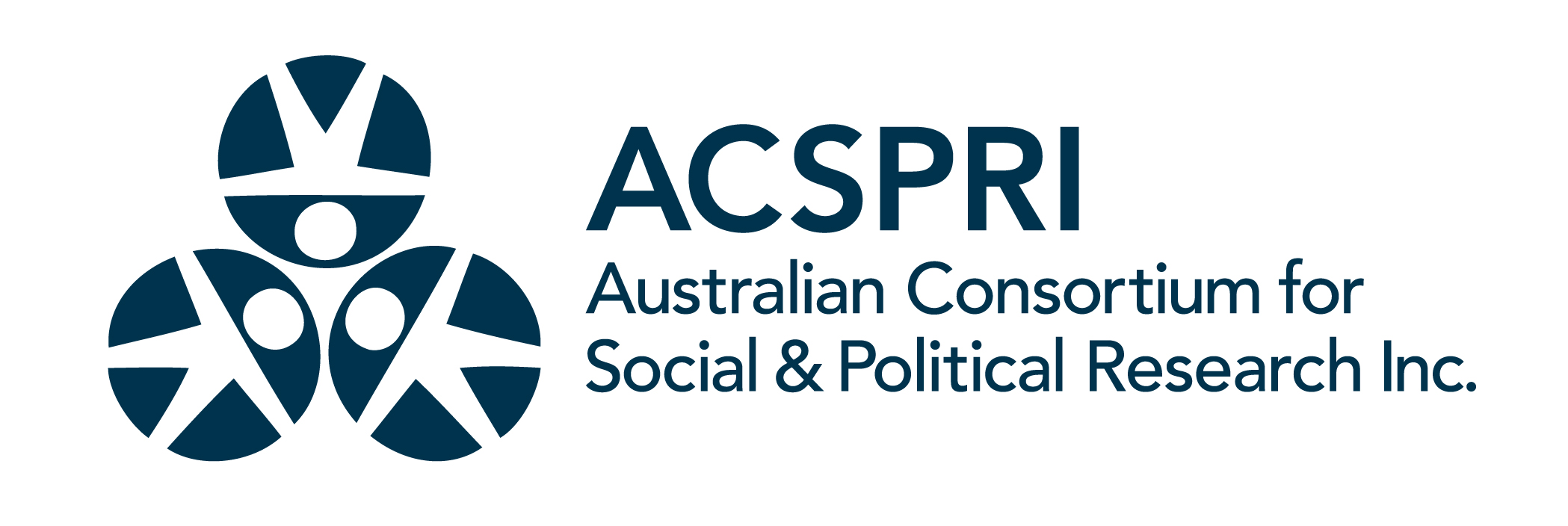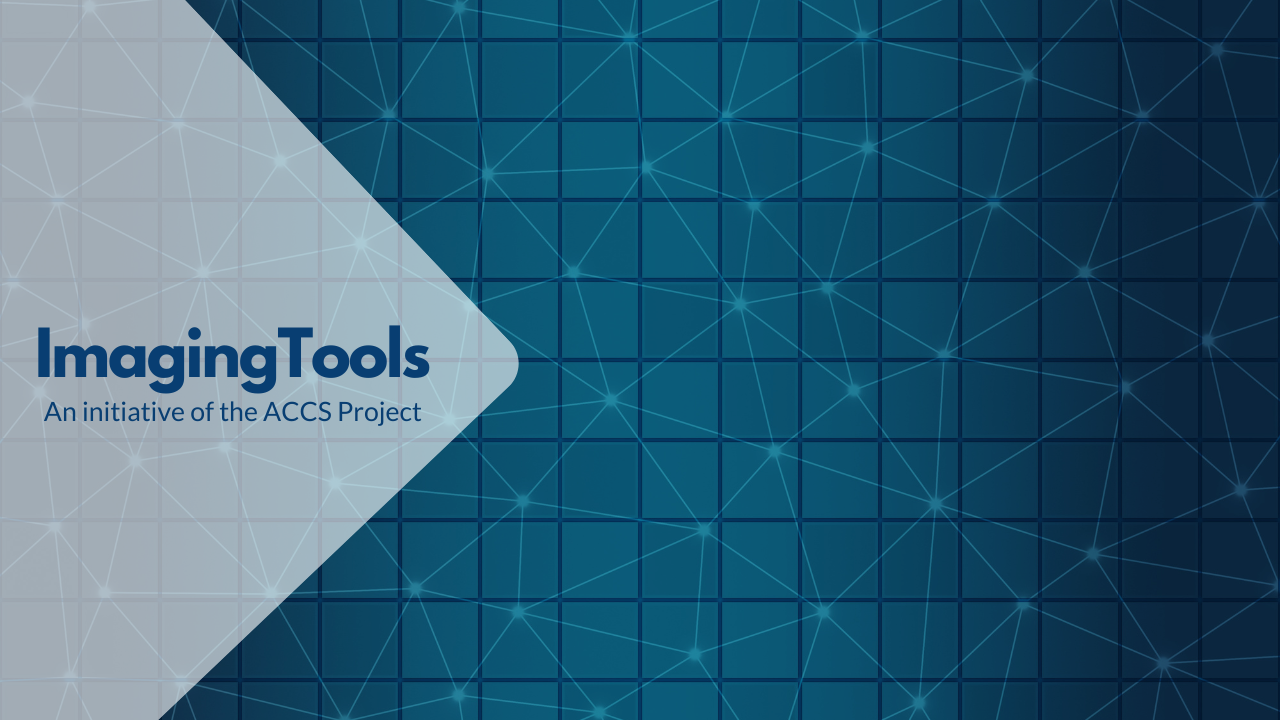Keywords: HASS or brain imaging or data storytelling or remote visualisation or visualisation
-

Pawsey Supercomputing Research Centre
The Pawsey Supercomputing Research Centre is 1 of 2 Tier 1 supercomputing centres in...
7 training material0 upcoming event (33 past event)Pawsey Supercomputing Research Centre http://pawsey.org.au https://dresa.org.au/content_providers/pawsey-supercomputing-research-centre The Pawsey Supercomputing Research Centre is 1 of 2 Tier 1 supercomputing centres in Australia. Pawsey prides itself on incorporating a range of best practices, features and solutions. Key features of the Centre include: - A purpose-built supercomputing building of more than 1000 m2 at Technology Park in Kensington, Western Australia; complete with scalable cooling and electrical services, to accommodate for expanding supercomputing infrastructure within the facility - A unique groundwater cooling system for removing heat from the supercomputer and dissipating this heat via an aquifer, 140 metres below the Centre, with no loss of groundwater. A photovoltaic system which has been incorporated into the building’s shaded façade, plus an extensive PV array on the roof of the building - This installation generates 140 kW of electricity onsite, which acts to offset the electrical and CO2 footprint of the Supercomputing Centre - Automated ‘intelligence’ incorporated into the building, with real-time monitoring, to facilitate efficient operation and support fine tuning of operations to reduce overall power costs /system/content_providers/images/000/000/004/original/PAW_RGB_H.png?1633498197 -

ACSPRI
The Australian Consortium for Social and Political Research Incorporated (ACSPRI) is a...
1 upcoming event (59 past event)ACSPRI https://www.acspri.org.au/ https://dresa.org.au/content_providers/acspri The Australian Consortium for Social and Political Research Incorporated (ACSPRI) is a not-for-profit organisation, broadly aimed at the promotion and enhancement of social science research and methods in Australia. Our consortium of institutional members, include universities, public sector research institutions and not-for-profits. We work to provide benefits and services to our members including: education and professional development in Social Science Research Methods and Research Technology courses. /system/content_providers/images/000/000/021/original/ACSPRI_Logo_Horizonal.jpg?1661921514 -

The Australian Characterisation Commons at Scale (ACCS) Project
ImagingTools: helping researchers find and access digital characterisation resources, including...
0 upcoming event (15 past event)The Australian Characterisation Commons at Scale (ACCS) Project https://www.imagingtools.au https://dresa.org.au/content_providers/the-australian-characterisation-commons-at-scale-accs-project ImagingTools: helping researchers find and access digital characterisation resources, including online environments, computing facilities, data, training and events. /system/content_providers/images/000/000/016/original/Minimal_Modern_Elegant_Background_Technology_Youtube_Thumbnail_%285%29.png?1671146621 -

Heurist Network
### What is Heurist? Heurist is a comprehensive, flexible data management service built...
1 training material0 upcoming event (15 past event)Heurist Network https://heuristnetwork.org https://dresa.org.au/content_providers/heurist-network ### What is Heurist? Heurist is a comprehensive, flexible data management service built specifically for the Humanities, available both as a free service, or for download to a private server (open source). Its development has been driven and informed by dozens of Humanities research projects. Heurist is a human-centered interface to a MySQL (or other SQL server) database. It operates as a hybrid relational / graph database, hiding all the complexity of SQL, tables, relational joins, relational integrity etc. behind (fairly) simple choices. It’s available on a number of non-commercial web services (free to use) and on private web servers. You can also install it on your own server if you wish. ### What we offer We offer frequent training and collquia for our users, indeed for all Humanities researchers who use digital methods and require a database. Our users are a diverse community of researchers across Australasia, Europe, Asia, Africa and the Americas. We also offer one-on-one support and ad-hoc training for projects who use our technology, or individuals who need a hand gettings started with Humanities databasing. /system/content_providers/images/000/000/018/original/h6logo_intro.png?1653544233 -

Trove Data Guide
The Trove Data Guide explores the different types of data available from Trove – what it is, how...
5 training materialTrove Data Guide https://tdg.glam-workbench.net/home.html https://dresa.org.au/content_providers/trove-data-guide The Trove Data Guide explores the different types of data available from Trove – what it is, how you can access it, and what you can do with it. It aims to give researchers a critical understanding of Trove data, both its limits and its possibilities. /system/content_providers/images/000/000/039/original/trove-words-1685171984-1000-1000.jpg?1720419415